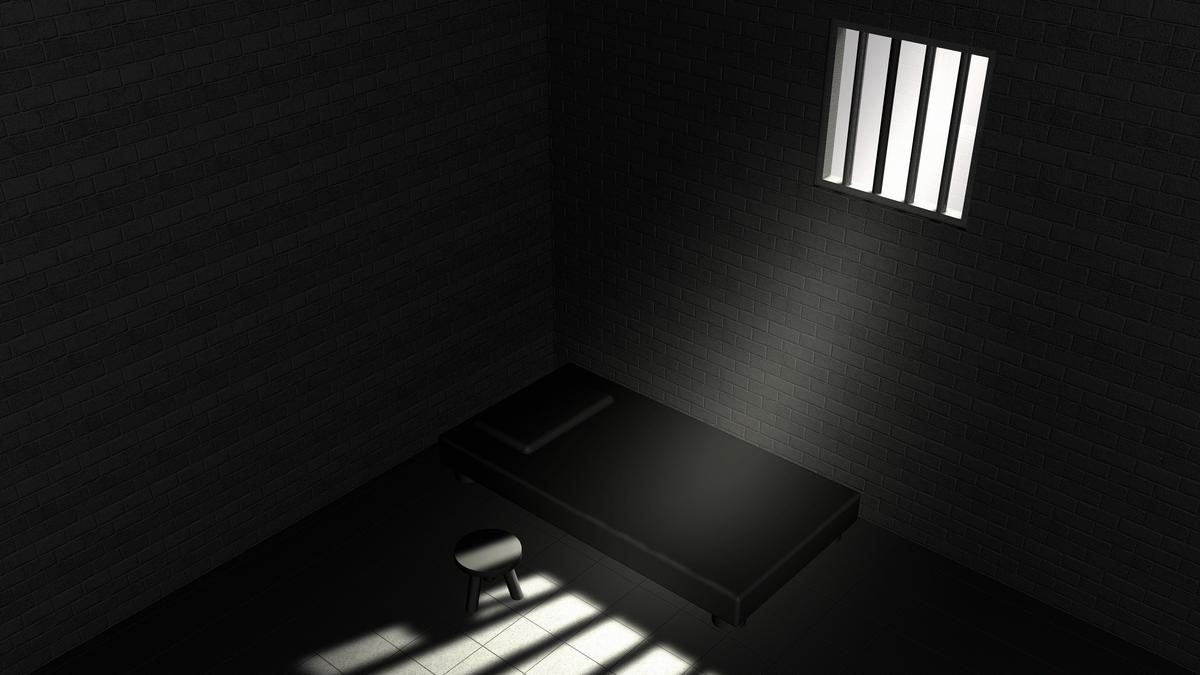- October 8, 2024
Why did the Supreme Court strike down ‘casteist’ provisions in India’s prison manuals? | Explained

The story so far:
The Supreme Court on October 3 declared that caste-based division of labour in prisons is “unconstitutional” marking a significant milestone in addressing institutional biases entrenched in India’s correctional system. Accordingly, a three-judge Bench headed by Chief Justice of India D.Y. Chandrachud struck down several provisions in State prison manuals that reinforced such caste differences for being violative of the fundamental rights of prisoners.
What was the case?
The court was hearing a Public Interest Litigation (PIL) petition filed by journalist Sukanya Shantha highlighting provisions in prison manuals in States such as Uttar Pradesh, West Bengal, Odisha, Maharashtra, Tamil Nadu, and Kerala that legitimised caste inequalities. For instance, it was pointed out that the separation of Thevars, Nadars, and Pallars in different sections of the Palayamkottai Central Jail in Tamil Nadu constituted a “glaring instance of caste-based segregation of barracks”. Similarly, the Rajasthan Prison Rules, 1951, allocated latrine duties to the “Mehtar” caste — a Scheduled Caste community — while Brahmins or “sufficiently high caste Hindu prisoners” were assigned to the kitchens, thereby perpetuating caste-based labour divisions.
How do prison manuals reinforce colonial stereotypes?
The now-repealed Criminal Tribes Act, 1871, permitted the British colonial regime to designate certain marginalised communities as “criminal tribes” based on the stereotypical notion that they were “born criminals.” Following the revocation of the Act, these groups were reclassified as “denotified tribes” yet prison manuals continued to label them as “habitual offenders” sans any conviction. The court noted that such classification perpetuates colonial-era caste-based discrimination, exacerbating the social and economic marginalisation of these communities.
Citing examples from various prison manuals, the court highlighted that Rule 404 of the West Bengal Jail Code stipulates that a convict overseer may be appointed as a night guard only if “he does not belong to any class that may have a strong natural tendency to escape, such as men of wandering tribes.” Similarly, prison manuals in Andhra Pradesh, Tamil Nadu, and Kerala define “habitual criminals” as individuals who, by “habit,” are “robbers, housebreakers, dacoits, thieves, or receivers of stolen property” or who “habitually commit extortion, cheating, counterfeiting coins, currency notes, stamps, or forgery,” even in the absence of any prior convictions. Further, the rules in Andhra Pradesh equate “a member of a wandering or criminal tribe” with “a bad or dangerous character, or one who has ever escaped or attempted to escape from lawful custody,” thus prohibiting their employment in any labour outside the prison walls.
How are fundamental rights of prisoners violated?
Underscoring that caste may be employed as a criterion for classification only when it seeks to benefit victims of caste discrimination, the top court ruled that the prison manuals failed to achieve this objective and instead contravened Article 14 of the Constitution. “Segregating prisoners on the basis of caste would reinforce caste differences or animosity that ought to be prevented in the first place”, it reasoned. The judges further opined that differentiating between inmates based on “habit,” “custom,” “superior mode of living,” and “natural tendency to escape” offends principles of substantive equality.
The ruling also flagged the perpetuation of both direct and indirect discrimination against marginalised communities. “By assigning cleaning and sweeping work to the marginalised castes, while allowing the high castes to do cooking, the Manuals directly discriminate. This is an instance of direct discrimination under Article 15(1)“, the Bench asserted. Furthermore, assigning specific tasks to these communities based on their purported “customary” roles, rather than offering “more skilled, dignified, or intellectual work,” was deemed to result in indirect discrimination.
Referring to prison rules that require food to be cooked by members of a “suitable caste” or “menial duties” to be exclusively performed by communities “accustomed” to such work, the court noted that these practices constituted untouchability, prohibited under Article 17 of the Constitution. “When Prison Manuals restrict the reformation of prisoners from marginalised communities, they violate their right to life. At the same time, such provisions deprive prisoners from marginalised groups of a sense of dignity and the expectation that they should be treated equally”, the Chief Justice further underscored.

What were the directions issued?
All States and Union Territories were directed to amend their prison manuals and rules within three months to abolish such discriminatory practices. The court also mandated the removal of the “caste column” and any references to caste in the registers of undertrials and convicts maintained in prisons.
Several lacunas were also flagged in the Union government’s Model Prison Manual, 2016, and the Model Prisons and Correctional Services Act, 2023. The 2016 manual, in particular, faced criticism for offering a vague definition of “habitual offender”, allowing States to define the term based on stereotypical assumptions against denotified tribes. Consequently, the court ordered that necessary reforms be implemented in both the 2016 manual and the 2023 Act within three months.
To ensure compliance with these directives, district legal services authorities and boards of visitors were tasked with conducting regular inspections. Additionally, police authorities were instructed to refrain from arbitrarily arresting members of denotified tribes without adhering to the guidelines established in prior Supreme Court rulings.
Published – October 08, 2024 08:30 am IST




